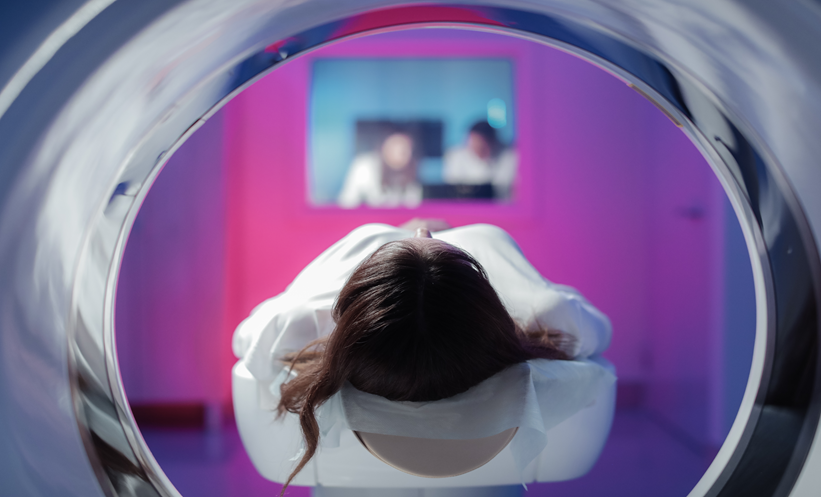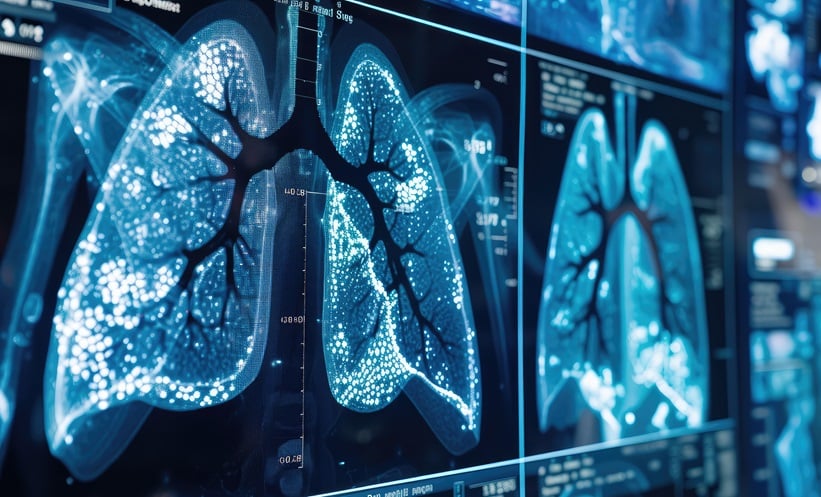A NEW study has demonstrated that AI can be used alongside mammography to effectively identify women at high risk of breast cancer who may benefit from additional MRI screening. The research suggested that AI can enhance breast cancer detection while reducing unnecessary screening costs.
The study, which utilised a commercially available AI system, found that AI could successfully select high-risk women for MRI screening in an intermediate-risk population, including those with cancers undetectable on mammograms.
“AI selection of women with intermediate risk for supplemental MRI screening has the potential to reduce screening burden and costs while maintaining a high cancer detection rate,” the team stated.
Women with a personal or family history of breast cancer, or those with dense breast tissue, are often recommended for supplementary imaging. However, MRI access is limited, making it essential to optimise its use. The researchers proposed that AI-driven assessment of mammograms could facilitate a more efficient allocation of screening resources.
The team used a retrospective dataset to evaluate the feasibility of AI-based triage for MRI screening. They applied the AI system (Transpara version 1.7.0, ScreenPoint Medical) to analyse 2D mammograms of 760 women, with an average age of 48.9 years, across 2,819 screening exams. Among these, 37 cases of breast cancer were identified.
AI provided a case-based malignancy score ranging from 1 to 10. A threshold score of 5 led to the detection of 31 breast cancers (84%), including 13 of 19 cancers that were not visible on mammograms. The results showed an area under the receiver operating characteristic curve (AUROC) of 0.72 for the entire intermediate-risk population and 0.81 for women with a prior breast cancer diagnosis.
Additionally, the study found no significant link between breast density or age and the probability of a false-negative AI result. The researchers concluded that integrating AI in mammography screening could improve early cancer detection and alleviate unnecessary costs.
“The use of AI might also reassure patients in cases where the radiologist and AI results agree that screening results are negative, which could potentially reduce the demand for breast MRI,” the authors noted.
This breakthrough highlights the growing role of AI in modern medicine, offering a promising solution to enhance breast cancer screening and optimise healthcare resources.
Reference
Van Winkel SL et al. Using AI to Select Women with Intermediate Breast Cancer Risk for Breast Screening with MRI. Radiology. 2025;314(2):e233067.








